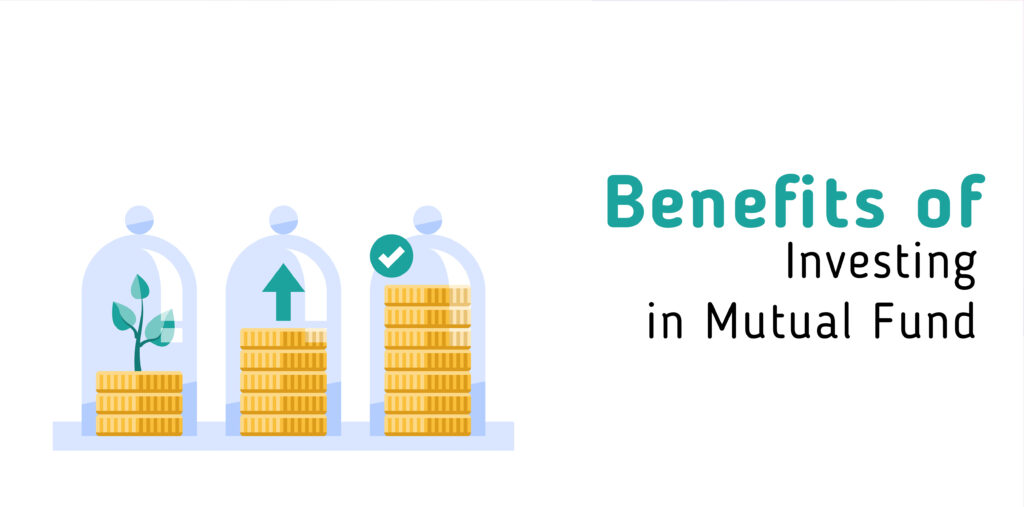If you are a beginner investor, ELSS is the greatest choice since it offers tax benefits, gives you a taste of mutual funds, and allows you to invest in stocks. Only equity-linked savings plans (ELSS funds) qualify for tax deductions under Section 80C of the Income Tax Act of 1961.
Here, we’ll examine all the specifics of the available money and rewards for first-time investors:-
Meaning
A maximum of Rs 1.5 lakh may be invested in ELSSs per financial year, and you can deduct your investment from taxes. They qualify under Income Tax Act of 1961 Section 80C. ELSSs can save investors’ money on taxes, but they don’t guarantee returns as more conventional investments like Public Provident Fund or National Savings Certificates do.
In comparison to more traditional assets like NSCs or Public Provident Funds, they don’t provide the same level of security. In comparison to other savings accounts, ELSSs have the shortest lock-in period and are taxed at a reduced rate. They also have a track record of average returns of 15% over ten years.
How it works?
In accordance with the rules of Section 80C of the Income Tax Act of 1961, ELSS mutual funds offer tax deductions of up to Rs 46,800 annually. The lock-in makes sure the investor commits to a protracted investment period. ELSS may be purchased through a SIP, which ensures regular investment, just like any other stock investment.
Tax deductions for ELSS investments are possible thanks to Section 80 C of the Income Tax Act of 1961.You can be eligible for a tax discount if your investment is less than the 1.5 lakh INR threshold value. Nevertheless, bear in mind that your investments are locked in for a period of three years beginning on the investment date.
Features & Benefits
The features & benefits of ELSS funds are as following:-
- While tax-saving fixed deposits have a five-year lock-in, ELSS have a three-year lock-in, which is the shortest when compared to PPFs, which mature after 15 years. ELSS offers better medium-term liquidity all things considered.
- Contrary to other 80C investments like PPF or FDs, which are fixed income products, ELSS has the potential to result in significantly increasing wealth where younger investors can access ELSS more easily over time due to its equity-linked returns policy.
- When you invest in ELSS funds, you may benefit from tax savings as well as wealth development, making ELSS funds the only tax-saving investment that has a possibility to provide returns that can outperform inflation.
- Stocks, a risky asset class, are where ELSS invests the majority of its funds. Investment in ELSS should be considered if you have a high-risk tolerance and can handle volatility.
- With a monthly SIP of just Rs. 1000, you may invest in the best ELSS funds.
Conclusion:
If you have a high level of risk tolerance and are able to withstand volatility, investing in ELSS may be a good idea. ELSS, which invests in stocks, is best avoided if you become anxious even at the first sign of volatility, though.






